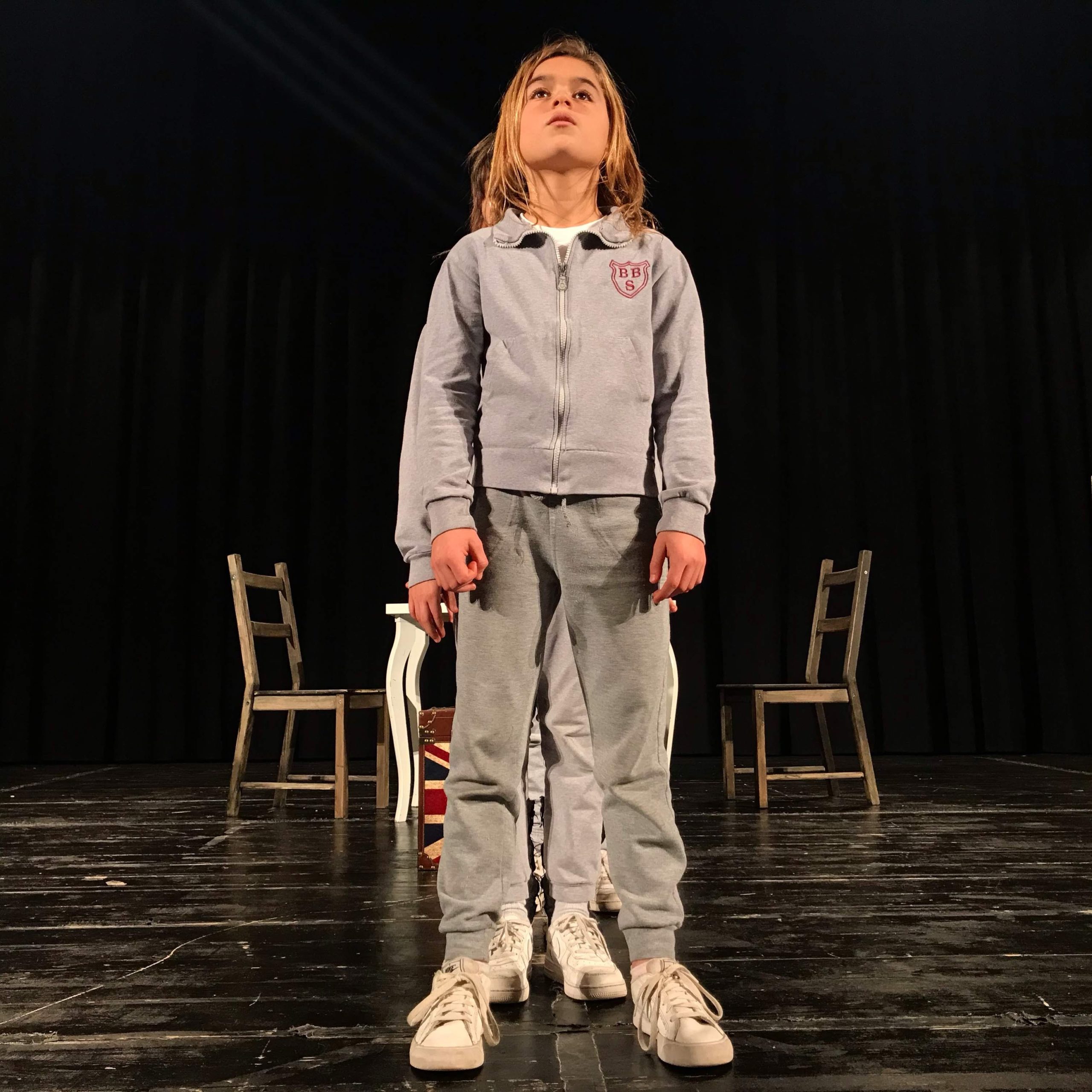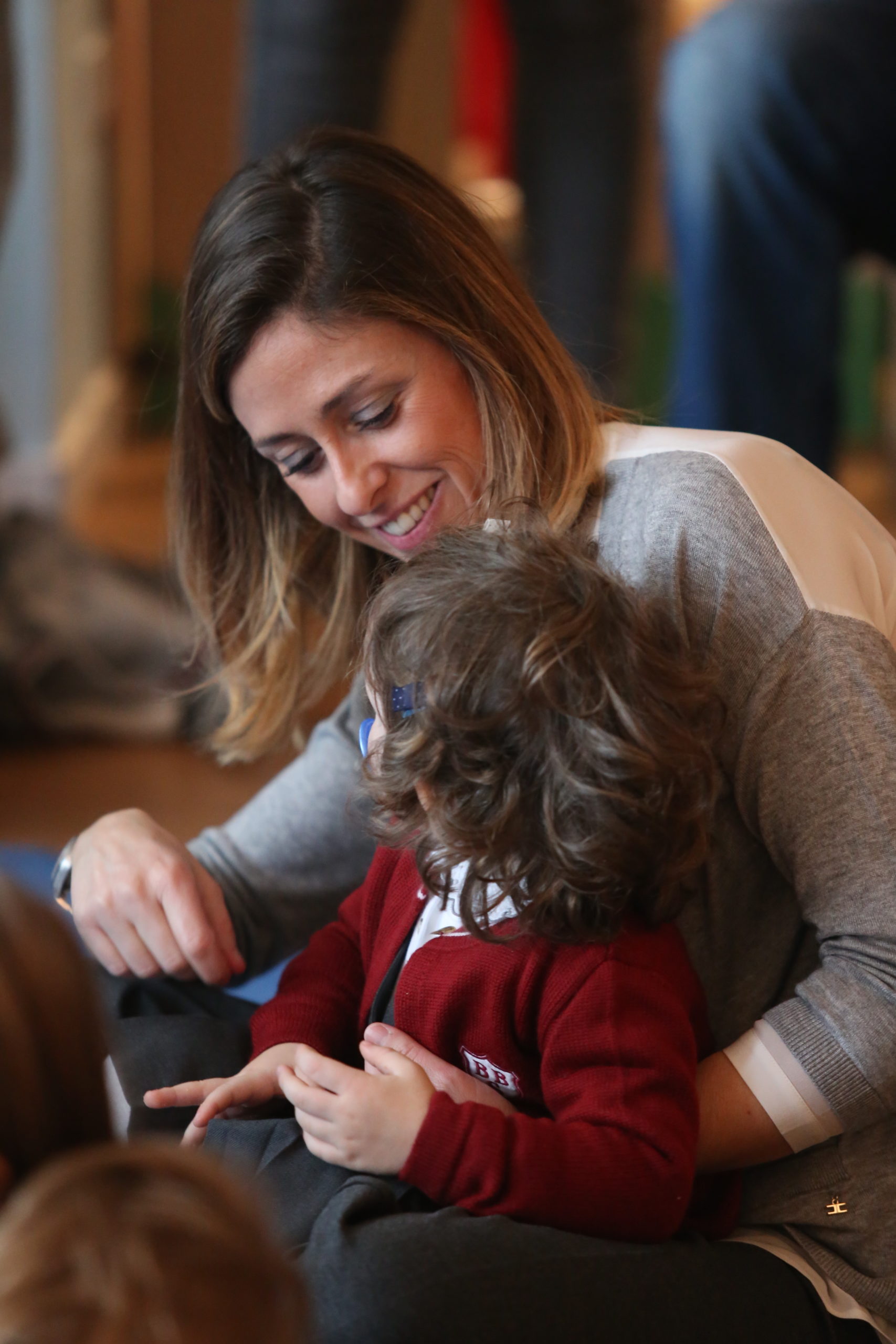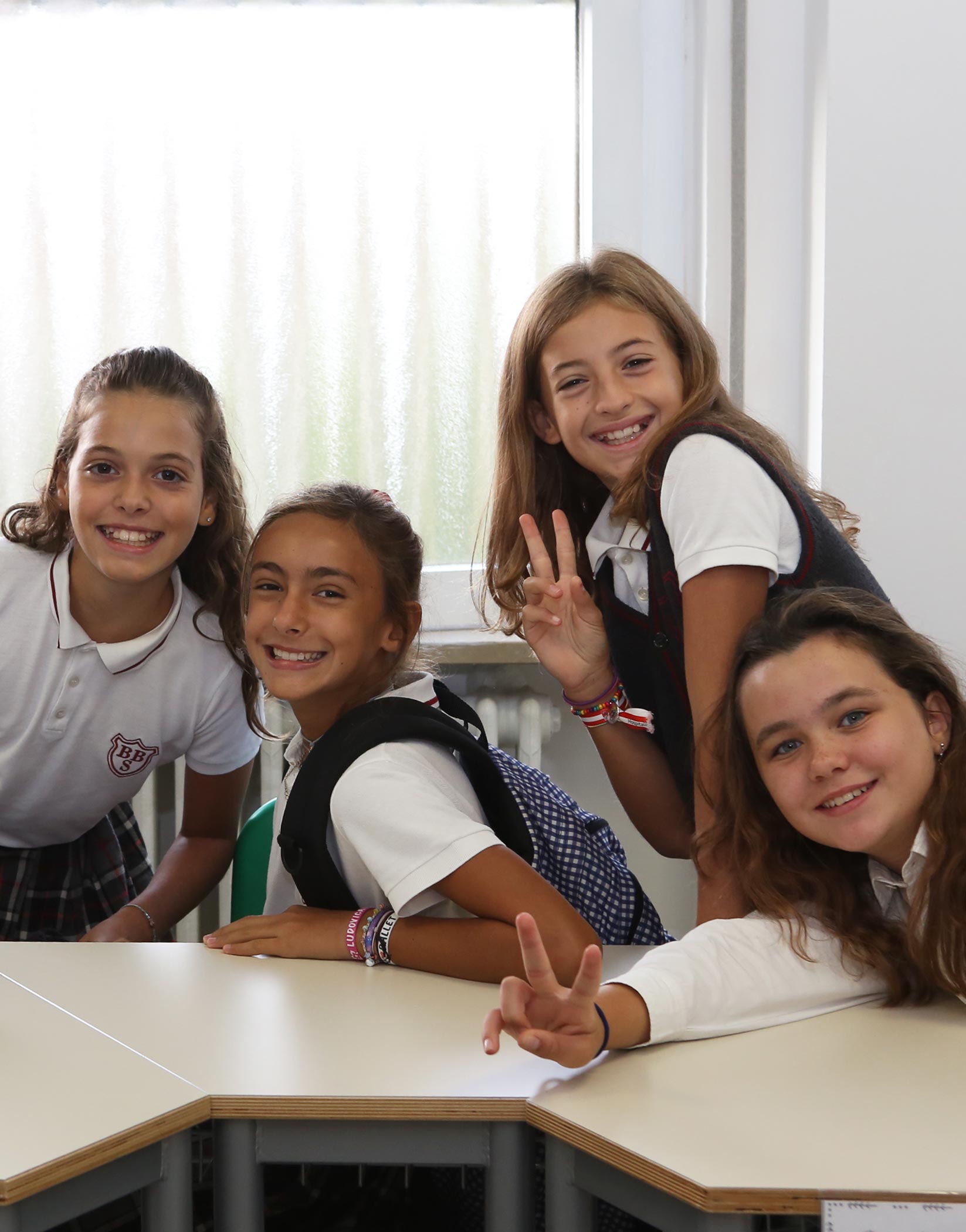Culture of Wellbeing

Culture of wellbeing
BBS education provides students with skills, strategies and knowledge for a successful approach to the world, while supporting their physical and mental health and wellbeing.
Personal, social and emotional development (PSED – Personal, Social and Emotional Development) is one of the primary objectives pursued by the BBS educational project through the implementation of a genuine emotional curriculum, integrated with the academic curricula.
BBS has and employs professionals who support pupils of different age groups and their families through an extensive programme of meetings, lectures and workshops on the many aspects related to the concept of wellbeing.
The concept of wellbeing is a complex equation, the result of the relationships a person establishes with the environment in which he or she lives and operates, both physically, socially and culturally.
The components capable of being determinants of student wellbeing are numerous and subject to variation over time and with respect to individual personalities.
Interpersonal relationships
Interpersonal relations, group and class dynamics, the construction of one’s own opinion on the basis of constructive confrontation are essential elements for the definition of a state of wellbeing at school.
Decisive for the creation of a state of well-being is the role that BBS assigns to its teachers, who are asked to assume a facilitative and involving attitude, through person-centred teaching strategies, acting as positive and charismatic leaders. Teachers are called upon to actively dialogue and engage with students, who thus feel free to express their own thoughts and feelings.
The context
Wellbeing is also influenced by a wide range of context-related variables.
The organisation, efficiency and not least the beauty and pleasantness of BBS environments stimulate the students’ perception of a welcoming and receptive climate.
The organised environment stimulates in students the feeling of order and discipline related to their school environment, and thus the definition of the classroom as a safe environment.
BBS not only offers comfortable environments, but also works constantly to make these environments appropriate to the needs of students and teachers and to the development of available technological tools.
Discover more about BBS Campus
The relationship with families
The BBS educational system is based on the close inter-relationship between all elements of the educational triad: teachers, families and students. The participation and cooperation of the families, who are called upon to effectively support the social, emotional and academic development of the students, is therefore essential to the definition of school welfare.
BBS offers each family multiple opportunities for dialogue, both individual and collective, to enable them to become an active part of community dynamics. At the same time, BBS guarantees families the possibility of undertaking support paths to identify, calibrate and, if necessary, balance expectations. Each parent must be provided with the appropriate tools to support the pupil’s specific pathway.
Discover more about BBS Community

“Standardised and normative transmissions of knowledge, which communicate invariant content designed for average individuals, are no longer adequate. On the contrary, schools are called upon to create educational pathways that are increasingly responsive to the personal inclinations of students, with a view to enhancing the particular aspects of each individual’s personality”.
National Curriculum Directions for Nursery and Primary School (2012)
Didactics
The BBS didactic proposal is also functional to the definition of a long-term welfare status. The objective of BBS teaching is to prepare students for a world that is constantly changing and evolving, where the need is increasingly evident not so much to possess, but to be able to reorganise and reinvent one’s knowledge and skills.
For this reason, the objective of BBS does not reside solely in the transmission of notions; rather, it is to train people tout-court on an emotional, cognitive and cultural level, so that they can develop resilient attitudes towards changing scenarios.
Discover more about BBS vision
Self-perception
BBS fosters the development of an emotional self-awareness in its students, functional to the identification of their own inclinations. School practice and extra-curricular activities are designed to be instrumental in achieving academic goals and technical improvement, but they also allow students to define their aptitudes, shape their passions and work towards rewarding goals.
BBS supports its students so that they know how to manage information and emotions to develop a positive sense of self, i.e. a positive relationship with their body, its care and proper nutrition.
Counseling and Counselor
Through its school counseling activities, BBS constantly strives to improve relations with and between pupils, parents, teachers and staff by implementing strategies based on active listening, understanding, empathy and acceptance of others.
BBS also has a Counselor, a specialised figure capable of implementing targeted interventions aimed not only at pupils, but at all school staff and even parents, in order to promote wellbeing and prevent discomfort.
The Counsellor is a key figure that BBS also makes use of in terms of guidance support: the emotional mediation he or she is called upon to perform also influences the definition in positive terms of students’ choice paths.
